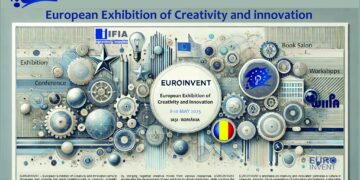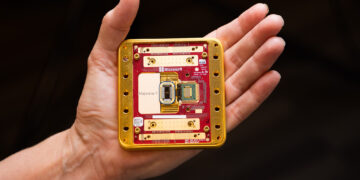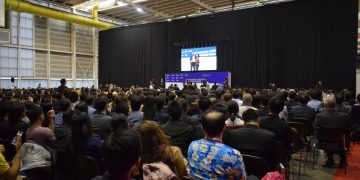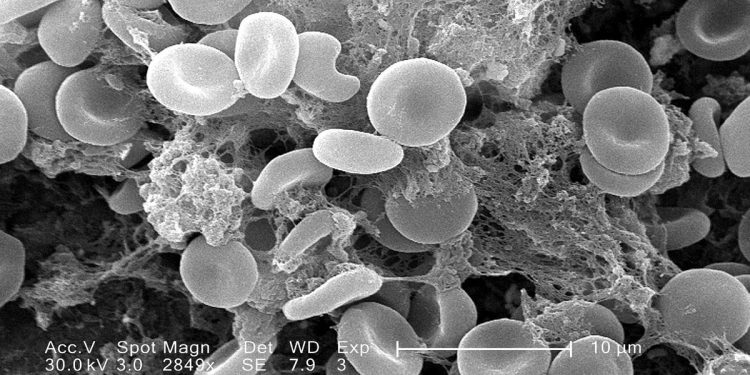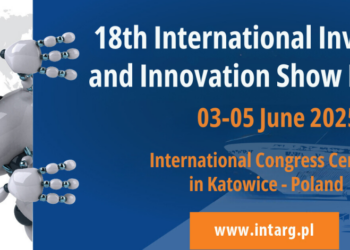After the latest controversy over the Chinese case, opinion is increasingly sensitive to the ethical issue of changes to the human genome
At the end of 2018, the debate on the ethical aspect of experiments in the field of genetic engineering was reopened. After the case of the Chinese scientist accused of genetically modifying two twins in order to autoimmunize them from the HIV virus, by deactivating a gene, on June 10 a Russian biologist announced to reuse the CRISPR technique to carry out a similar experiment on the future births of HIV-positive mothers.
The WHO is formulating very strict legislation on genetic engineering techniques that can be used in humans, but in the meantime the “meshes” are very wide from this point of view, so there are already two strongly contradictory cases.
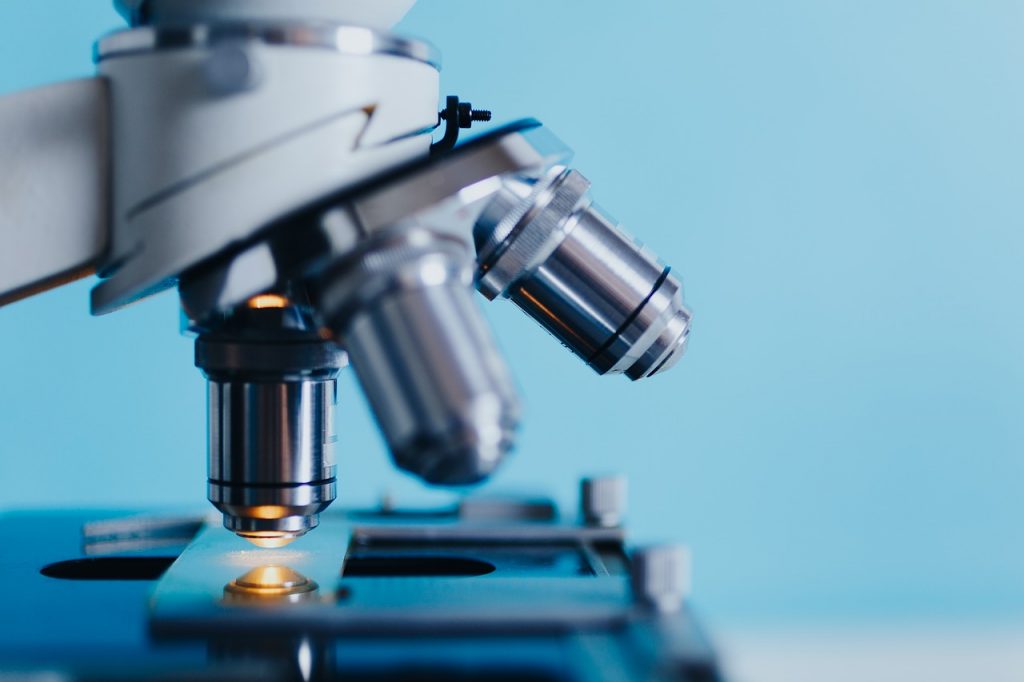
While there is a clear difference between these two experiments, Rebrikov, the Russian biologist, argues that this experiment has more benefits than the previous one, especially in terms of ethics.
The accusations
“The Crispr technique is too flexible and simple a technique. We need a discussion on its ethical implications,” says Dr. Doudna, a scientist at the University of Berkeley, who has signed an international moratorium to regularize this delicate aspect of genetic engineering. The idea of cutting and gluing the madmen of the human genome just does not go down to this large group of biotechnologists, as it is feared that while the technique Crispr (clustered regularly interspaced short palindromic repeats) may be used to study genetic diseases, on the one hand it is feared the self-induction of desired characteristics for the future unborn.
The most feared aspect therefore concerns the danger of involuntarily modifying the genes, generating unforeseen mutations.
The authoritative opinion
According to the writer, it is reasonable to share the thought of David Baltimore, Nobel Prize winner in 1975, also signatory of the moratorium, who hopes for further study for further use of this technique.





